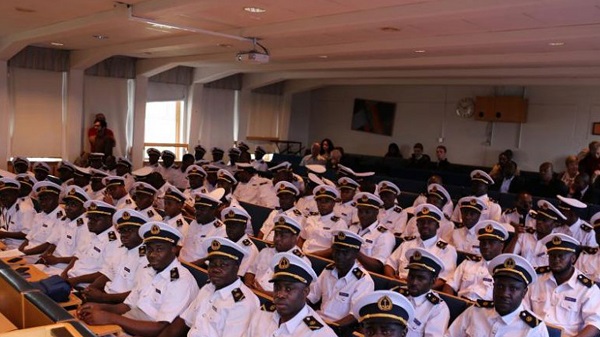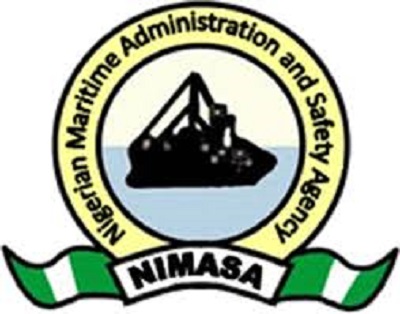MARAN Members Get Educated On Provisions Of Cybercrime Act
By Fortune Ulu
Members of the Maritime Reporters Association of Nigeria (MARAN) bothered by the inherent pitfalls embedded in the Cybercrime Act of 2015 against the practice of journalism in Nigeria, held a seminar on Thursday for proper enlightenment on cybercrime, especially as it relates to cyber bullying and cyber stalking.
On hand to offer elucidation on the issues were Dr. Layinka Adagun, journalist and former member of MARAN, and a team from the National Cybercrime Centre of the Nigeria Police Force led Abubakar Smart, acting Director and Superintendent of Police. Other members of the police team were ASP Amusire Felix, and ASP Emmanuel Nwoye.
Dr. Adagun said it was important from the onset to appreciate the fact that we live in a world where technology has taken over our daily lives in all spheres as the internet has gradually become a global tool for everything including a channel for freedom of expression.
He said it was sad that the freedom associated with the internet is now being attacked with the users being intimidated or threatened with detention over their online activities. “We all need to safeguard our access and activities on the electronic highway,” he added.
He said cybercrime is more like a general term for various criminal activities on the internet, including cyberbullying, and cyber stalking.
“Cyberbullying is the use of technology to harass, threaten, embarrass, or target another person. Online threats and mean, aggressive, or rude texts, tweets, posts, or messages all count. In short social media bullying refers to the use of digital platforms including mobile phones to harass, intimidate, or threaten someone,” Dr. Adagun said.
He also gave the definition provided by the National Crime Prevention Council which is: “the process of using the internet, cell phones or other devices to send or post text or images intended to hurt or embarrass another person.”
According to him, the Cybercrimes (Prohibition, Prevention, etc.) Act of 2015 is the country’s primary legislation addressing cybercrime as it makes provisions for the prohibition, prevention etc. of cybercrimes, and ensures the protection of critical national information infrastructure, as well as promotes cyber security.
He advised that journalist should take issue of Internet Governance seriously because the internet has now become a vital infrastructure in the world of information and communication.
“Many of us in the media have a misconception that our daily activities, particularly our intellectual output are far removed from the consequences of Internet Governance. Yet the news medium is becoming more affected by the internet than by any other field as much of the distribution of the media output are now moving beyond the traditional channel to the internet to widen their reach. Newspapers have now gone beyond the newsstand to the internet and the internet is hosting more radio stations than before,” Adagun said.
SP Smart further educated the media practitioners on the objectives of the Nigeria Police Force’s National Cybercrime Centre (NPF-NCCC) which include: preventing, detecting, and investigating cybercrimes for which the Centre uses digital forensic equipment and skilled detectives to achieve the set objectives.
The NPF-NCCC has the responsibility analysing digital evidence to help apprehend cybercriminals; educating the public; collaborating with other law enforcement agencies; coordinating cyber security strategies to protect critical infrastructure; and promoting best practices
It also works with other agencies, such as the National Orientation Agency, National Identity Management Commission, and Data Protection Commission, to educate Nigerians about cybercrime.
The journalists were advised to be mindful of what they share on social media, particularly on controversial issues that could attract negative attention; keep interactions online strictly professional; and avoid engaging in heated debates or arguments on social media, as this could invite trolling or harassment.
Smart advised that journalist should study and be abreast of the contents of the Cybercrime Act 2015 which offers legal protection against online harassment and be aware of Nigerian laws on cyber harassment and stalking.







